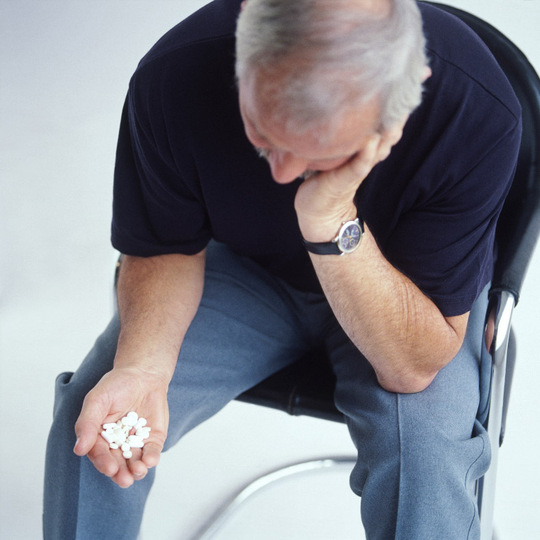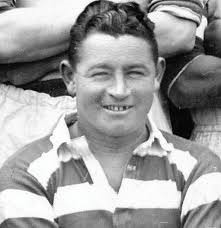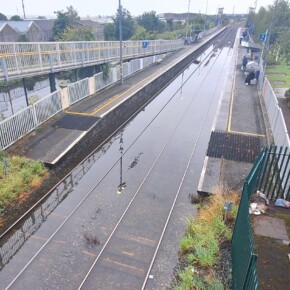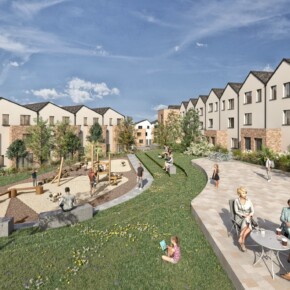Programme offers support for suicidal
Dublin People 01 Oct 2011
NORTHSIDERS who
have attempted harming themselves in the past or are having suicidal thoughts
are being encouraged to consider taking part in a new confidential programme
starting later this autumn.
The six-month Eden
Programme organised by support group Suicide or Survive (SOS) is aimed at
providing a safe space for people in which they can learn how to understand
their own psychological states and build up therapeutic and personal resources.
The course, which
has already been rolled out four times in Dublin and Arklow, can facilitate a
maximum of up to 12 people and is taking place on Blessington Street in Dublin
7.
Participants are
expected to pay a small amount, but the cost depends on the financial capacity
of each person and organisers emphasise that money is no obstacle to taking
part.
SOS has secured
funding for the Eden Programme through a combination of a Pobal grant, ESB
funding, donations and fundraising.
The programme is
supported by psychologists and therapists, but CEO of SOS, Dubliner Caroline
McGuig-an, is keen to point out that the main
‘expert’ when in comes to finding
a way back from suicide is the person themselves.
“We all have
different areas of expertise, but it is the person themselves who drives their
own recovery,
? she told Northside People.
Caroline can speak
from experience, having gone through an attempted suicide herself several years
ago.
Now aged 45, she
first got embroiled in a web of anxiety and depression in her 20s.
“Like many other
people who have suicidal thoughts, I was living and working a regular life, and
I felt ashamed that I couldn’t cope,
? she said.
Within three
months, Caroline was on 16 different kinds of medication, but she was not given
the information, support and talk therapy that she now believes is crucial for
people experiencing suicidal thoughts.
“I couldn’t talk
about it, but I just didn’t know how to stop the pain, panic attacks, anxiety
and complete confusion going on in my head.
“I was afraid of
losing control and I was terrified of just being alive. Initially the thought
of suicide frightened me, but gradually it became a sad kind of comfort, I
thought that at least I wouldn’t be a burden to everyone.
“The night I
decided to leave this world, I felt like there was simply no other way to stop
my head.
?
Doctors prevented
her death, but Caroline said that waking up from a suicide attempt was a
terrible experience.
“You find yourself
in A+E with other people around you fighting for your life, and you were trying
to die, and you think
‘I can’t even get that right.’ Your morale and
self-esteem is shattered, but at the same time, part of me thought
‘Well, I’m
here for a reason, even though I don’t know what that is.’
?
Caroline’s family
and husband were a
“fantastic
? support, but she says that mental health issues
are still a big stigma in Irish society.
“Nobody is
prepared for a member of their family trying to kill themselves. No one sees it
coming, everyone is just in shock and doesn’t know how to talk about it,
? she
said.
Caroline was
treated by psychiatric services over an eight year period, during which she
slowly managed to educate herself about the supports she needed to build her
life back up.
“It was trial and
error. But I realised over time that I was the only one who could get myself
through things, with the necessary support.
“I started to get
very angry with the system, with the fact that I was hooked on medication, and
that resources were dependent on what catchment area you lived in. I wanted to
be part of the solution instead of part of the problem. I decided that I needed
a support group, that I couldn’t be the only nutter going through this, and
that their must be other people with similar experiences.
?
Caroline went on
to train as a psychotherapist in Trinity College. In 2005, she founded Suicide
or Survive, to provide services and supports aimed at suicide prevention.
“The guiding
principle of SOS is to empower people, giving them jargon-free information so
they can educate themselves towards recovery,
? she said.
SOS is currently
speaking to people interested in taking part in the next programme.
It’s due to take
place at the headquarters of SHINE, an organisation supporting people affected
by mental ill health, on Blessington Street in Dublin 7.











